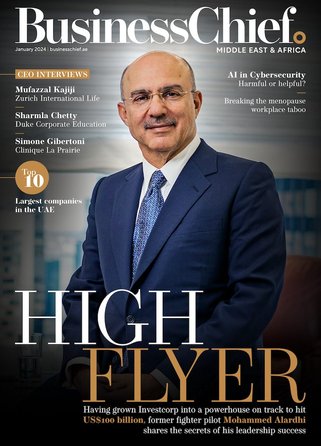68% of people in the UAE prefer to work in the office

In a recent study conducted by Publicis Sapient, the company emphasises that COVID-19 has fundamentally altered expectations of employers, reshaping the future of work. “Workers will look for new roles that enable flexible work schedules and work from home options, and companies will need to adapt to attract the best talent. Comparatively, whilst over half of students have been attending some form of schooling online, full-time remote learning is not seen as a beneficial long-term solution to education, not only having a negative impact on pupils, but is also at the detriment of caregivers’ own careers and mental wellbeing,” reported Publicis Sapient.
Key findings from the report
- 73% of UAE respondents stated that they can work remotely (higher than any other country surveyed) however, 68% of those said that they would prefer to go back to the office everyday/most days, with only 5% wanting to work from home everyday
- Top of the list when it comes to benefits provided by employers in the future are flexible working hours and the ability to work from home
- 50% of respondents in the UAE expressed concerns about contracting COVID-19 when returning to the office, with 51% of those stating that a vaccine would make them more comfortable
- Only 12% of those in the UAE have a dedicated room in their house for an office, however 67% have been able to establish a consistent workspace
- 54% of UAE employees believe that companies can do more to make remote working a better experience by providing a wellness service
- 55% of parents in the UAE feel their children have been negatively impacted by remote learning
“The global workforce is settling into the work-from-home normal; most are desiring more flexibility once offices reopen. Returning to the office will be largely dependent on the widespread distribution of a trusted vaccine. Until then, parents and caregivers will have to find ways to cope with increased responsibility for dependents learning at home. The Index provides an accurate snapshot into consumers’ lives, allowing us to construct data-driven strategies for businesses as they continue to evolve and prepare for 2021,” commented Teresa Barreira, CMO of Publicis Sapient.
To read the full report, click here!
For more information on business topics in Europe, Middle East and Africa please take a look at the latest edition of Business Chief EMEA.
Featured Articles
SAP has announced it has appointed a new President for a newly-created EMEA region, aiming to make the most of the opportunities of cloud and AI
technology
From fighter pilot to fashion house financier, Mohammed Alardhi has taken Investcorp to great heights – so what’s the secret to his success?
Dr Omar Al-Attas, Head of Environmental Protection and Regeneration at Red Sea Global, shares his COP28 hopes and approach to regenerative tourism
strategy



